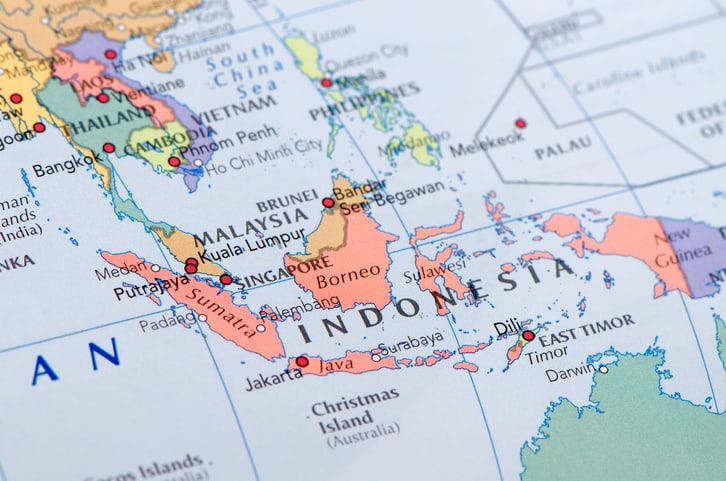ASEAN banks are expected to face modest worsening in asset quality as interest rates will rise, said Moody’s recently.
Central banks in the ASEAN will tighten monetary policy as weakening local currencies increase import prices and worsen capital outflows, the credit rating agency noted.
Although higher interest rates will largely widen the net interest margins of ASEAN banks, asset risks will also increase, said Rebecca Tan, a Moody's Vice President and Senior Analyst.
“Still, we expect interest rates to rise gradually and inflationary pressure to abate in 2023, keeping growth in problem loans modest,” she noted.
In the ASEAN economies of Indonesia, Malaysia, Philippines, Singapore and Thailand, banks' margins have historically widened in tandem with rises in inflation rates, Moody’s pointed out.
Vietnam is an exception because of intense competition for deposits, banks' higher reliance on market funds, as well as regulatory requirements to keep lending rates low to support the economy, the credit rating agency said.
Compared to ASEAN banks in the other four countries, Thai and Vietnamese banks would be most vulnerable to worsening asset risks if interest rates spike because borrowers in these two banking systems are the most indebted, the firm added.
An acceleration of inflation has historically largely resulted in increases in nonperforming loans (NPLs) in ASEAN banking system, Moody’s observed.
This is because inflation typically results in an economic slowdown, with consequent rises in interest rates increasing the debt repayment burdens of borrowers, the firm said.




